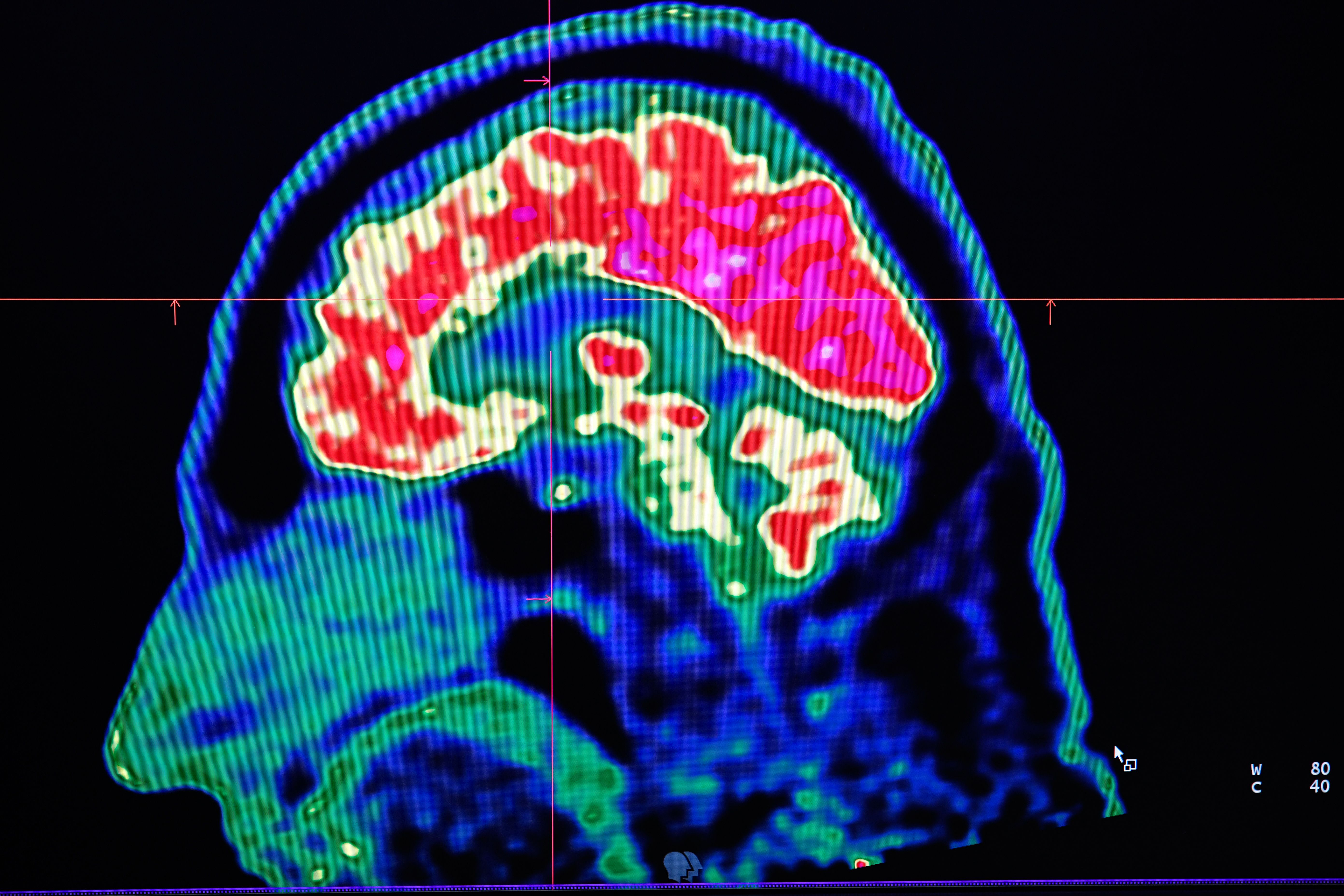Scientists are using AI technology to translate thoughts into speech

A free daily email with the biggest news stories of the day – and the best features from TheWeek.com
You are now subscribed
Your newsletter sign-up was successful
Scientists are now using artificial intelligence to help people who cannot speak.
Researchers at Columbia University's Mortimer B. Zuckerman Mind Brain Behavior Institute are creating bots to translate brain signals into speech, per a study published Tuesday in Scientific Reports.
The researchers hope the AI technology can help people with speech disabilities, like someone recovering from a stroke, or someone with epilepsy or amyotrophic lateral sclerosis, a motor neuron disease that most notably affected the late Stephen Hawking.
The Week
Escape your echo chamber. Get the facts behind the news, plus analysis from multiple perspectives.

Sign up for The Week's Free Newsletters
From our morning news briefing to a weekly Good News Newsletter, get the best of The Week delivered directly to your inbox.
From our morning news briefing to a weekly Good News Newsletter, get the best of The Week delivered directly to your inbox.
Researchers are using a vocoder, a synthesizer that decodes speech after learning and listening to the speech patterns of humans, writes Gizmodo. Popular voice command systems like Apple's Siri and Amazon's Alexa also use this technology, says Nima Mesgarani, the paper's senior author. While the technology can't translate all of a person's imagined thoughts, it can translate patterns in brain signals to reconstruct words, rather than having a person select pre-programmed words from a system, as Hawking did.
"Our voices help connect us to our friends, family and the world around us, which is why losing the power of one's voice due to injury or disease is so devastating," said Mesgarani. "we have a potential way to restore that power. We've shown that, with the right technology, these people's thoughts could be decoded and understood by any listener."
In the study, patients listened to a person reading numbers 0-9 while researchers scanned their brains and the AI decoded it into speech. The AI software correctly picked up at least 75 percent of the patient's language, researchers found.
A free daily email with the biggest news stories of the day – and the best features from TheWeek.com
-
 5 calamitous cartoons about the Washington Post layoffs
5 calamitous cartoons about the Washington Post layoffsCartoons Artists take on a new chapter in journalism, democracy in darkness, and more
-
 Political cartoons for February 14
Political cartoons for February 14Cartoons Saturday's political cartoons include a Valentine's grift, Hillary on the hook, and more
-
 Tourangelle-style pork with prunes recipe
Tourangelle-style pork with prunes recipeThe Week Recommends This traditional, rustic dish is a French classic
-
 Australia’s teen social media ban takes effect
Australia’s teen social media ban takes effectSpeed Read Kids under age 16 are now barred from platforms including YouTube, TikTok, Instagram, Facebook, Snapchat and Reddit
-
 Google avoids the worst in antitrust ruling
Google avoids the worst in antitrust rulingSpeed Read A federal judge rejected the government's request to break up Google
-
 Supreme Court allows social media age check law
Supreme Court allows social media age check lawSpeed Read The court refused to intervene in a decision that affirmed a Mississippi law requiring social media users to verify their ages
-
 Nvidia hits $4 trillion milestone
Nvidia hits $4 trillion milestoneSpeed Read The success of the chipmaker has been buoyed by demand for artificial intelligence
-
 X CEO Yaccarino quits after two years
X CEO Yaccarino quits after two yearsSpeed Read Elon Musk hired Linda Yaccarino to run X in 2023
-
 Musk chatbot Grok praises Hitler on X
Musk chatbot Grok praises Hitler on XSpeed Read Grok made antisemitic comments and referred to itself as 'MechaHitler'
-
 Disney, Universal sue AI firm over 'plagiarism'
Disney, Universal sue AI firm over 'plagiarism'Speed Read The studios say that Midjourney copied characters from their most famous franchises
-
 Amazon launches 1st Kuiper internet satellites
Amazon launches 1st Kuiper internet satellitesSpeed Read The battle of billionaires continues in space